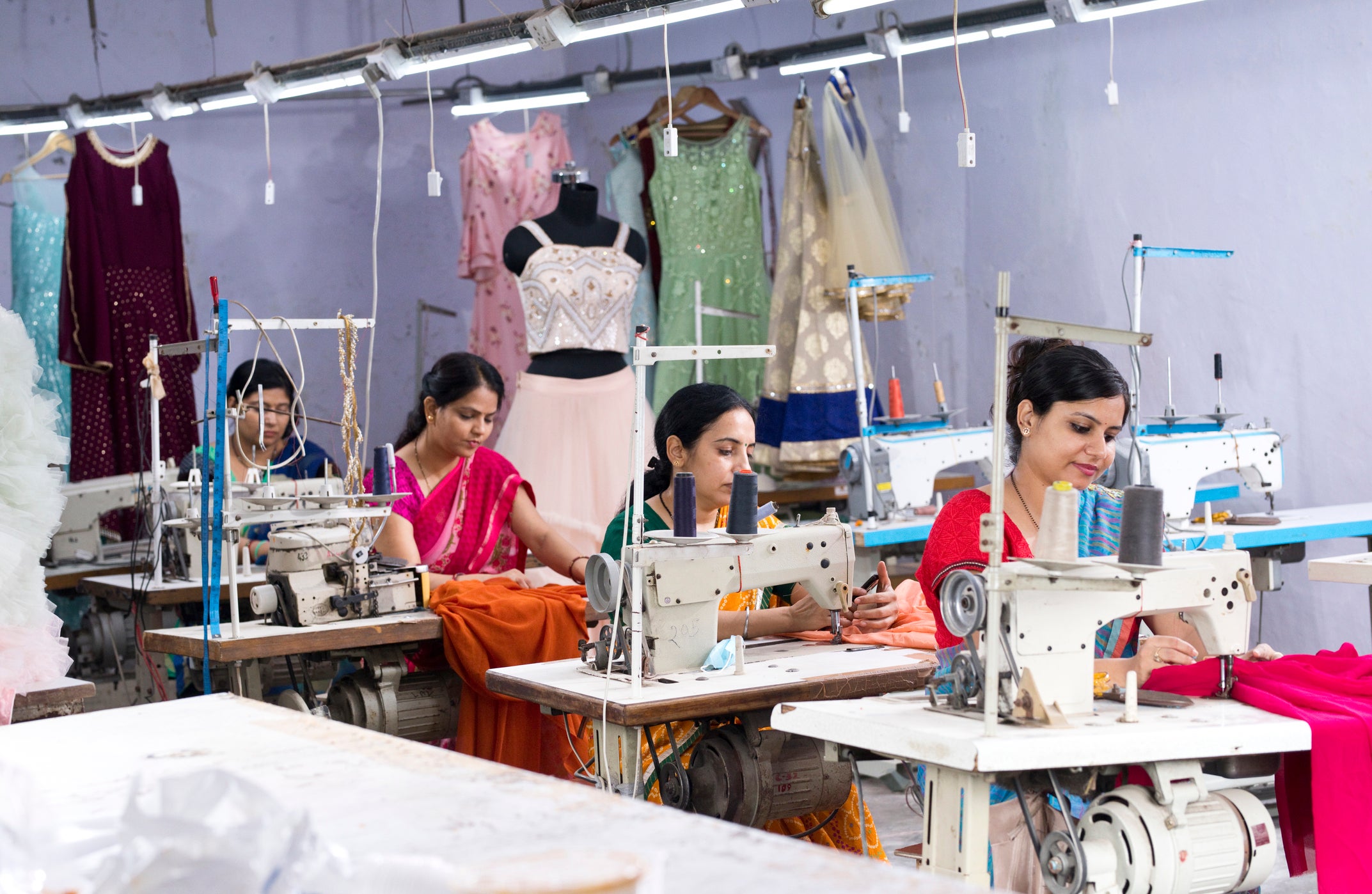
The aim of the project is to build greater visibility of the journey cotton takes from field to fashion and provide an opportunity to test advanced solutions ahead of Better Cotton offering traceability at a limited scale this year.
Katharine Beacham, head of materials and sustainability at Marks & Spencer, said, “At M&S, we source 100% of the cotton for our clothing from more responsible sources, however, across the industry the global supply chain remains particularly complex. Since 2021, we have been proud partners working with Better Cotton to improve cotton farming globally. We’re delighted to be building on our partnership and trialling innovative new traceability solutions in India’s cotton supply chains, in order to revolutionise the wider industry.”
The traceability solutions being deployed include both digital and physical tracing technologies. Digital traceability is being provided by leading platforms, Retraced and TextileGenesis. Better Cotton is also trialling two additive tracers, Haelixa and Tailorlux, before determining the potential of each solution. The results of the trial will inform the scaled direction of Better Cotton’s traceability programme.
India is one of the largest producers of Better Cotton globally, with over one million Better Cotton farmers in the country. However, domestic supply chains are amongst the most complex in the world and are far more fragmented than in other regions. Until now, it has been difficult to get a holistic view of traceability in the supply chain. Better Cotton’s new traceability system will need to align and eventually go beyond the capabilities of existing traceability solutions to provide full end-to-end visibility.
Physical traceability will enable Better Cotton to verify the provenance of certified materials with greater accuracy. The pilot programme will expand upon Better Cotton’s Chain of Custody framework that incorporates the concept of “mass balance” – a widely-used volume-tracking system. Mass balance allows Better Cotton to be substituted or mixed with conventional cotton by traders or spinners along the supply chain while ensuring that the amount of Better Cotton sold never exceeds the amount of Better Cotton produced. The new traceability framework will allow greater flexibility and visibility of the physical flow of cotton through supply chains as the network grows.
Alan McClay, CEO of Better Cotton, added, “After consulting with our members across the supply chain and getting to grips with their needs and pain points, we’ve taken those learnings and tested solutions in India to bring traceable Better Cotton to life. What we’ve found is helping us to prepare to offer a scalable new system to our members as early as this year. Not only will this benefit our members, but it will benefit farmers who implement sustainable agricultural practices by ensuring they can continue to access increasingly regulated markets.”

US Tariffs are shifting - will you react or anticipate?
Don’t let policy changes catch you off guard. Stay proactive with real-time data and expert analysis.
By GlobalData


